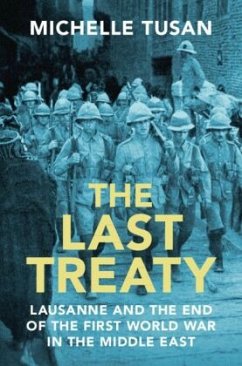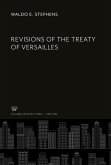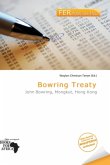In The Last Treaty, Michelle Tusan profoundly reshapes the story of how the First World War ended in the Middle East. Tracing Europe's war with the Ottoman Empire through to the signing of Lausanne, which finally ended the war in 1923, she places the decisive Allied victory over Germany in 1918 in sharp relief against the unrelenting war in the East and reassesses the military operations, humanitarian activities and diplomatic dealings that continued after the signing of Versailles in 1919. She shows how, on the Middle Eastern Front, Britain and France directed Allied war strategy against a resurgent Ottoman Empire to sustain an imperial system that favored Europe's dominance within the nascent international system. The protracted nature of the conflict and ongoing humanitarian crisis proved devastating for the civilian populations caught in its wake and increasingly questioned old certainties about a European-led imperial order and humanitarian intervention. Its consequences would transform the postwar world.
'Michelle Tusan brings the 'Middle Eastern Front' from the periphery to the center of the history of the First World War and invites us to complicate its usual periodization. At a time when the refugee crisis and the role of the international community once again take center stage, her work is an essential read for anyone interested in the legacies of an unprecedented humanitarian catastrophe.' Bruno Cabanes, author of The Great War and the Origins of Humanitarianism, 1918-1924








